The Nigeria Labour Congress (NLC) has been at the forefront of a protest against the recent removal of fuel subsidy. As the nation grapples with the economic impacts of this decision, the NLC's actions have garnered significant attention. In this article, we will delve into the details of the protest, the NLC's stance, and what the future holds for this critical issue.
Understanding the NLC Protest
The NLC's protest centers around the lack of palliatives to mitigate the adverse effects of fuel subsidy removal. President Joe Ajaero, speaking after a meeting with President Bola Tinubu, emphasized that the decision to suspend or continue the protest would be revealed soon. He acknowledged Tinubu's understanding of protests, given his history as a pro-democracy activist.
The President's Stand
Contrary to some speculations, President Tinubu did not coerce the organized labor into ending their industrial action. Instead, he engaged in discussions and made commitments in line with the Senate's proposals. These commitments were presented to the NLC for review, and the decisions on the way forward were to be taken collectively.
Collective Decision Making
The NLC's president stated that no single individual had the authority to call off the protest. It was a collective decision that would involve the participation of the entire team. The commitments made by President Tinubu were subject to scrutiny at the NLC's EXCO meeting, where detailed analysis and discussions would occur. Simultaneously, the NLC would also convene their NEC meeting to consider the broader implications of their actions.
Assessing the Next Steps
The review process of President Tinubu's commitments and the discussions at both the EXCO and NEC meetings would play a pivotal role in shaping the NLC's next line of action. The decisions taken during these meetings would determine the future direction of the protest and its intensity.
The Importance of Palliatives
One of the primary reasons for the NLC's protest is the need for palliatives to cushion the impact of the fuel subsidy removal on the Nigerian population. The absence of these measures has contributed to the growing frustration and unrest among the citizens, leading to widespread support for the NLC's cause.
The Bigger Picture
Beyond the immediate demands for palliatives, the NLC recognizes the significance of addressing the broader economic challenges facing the nation. The protest serves as a platform to highlight the need for comprehensive economic reforms that can promote inclusive growth and protect the interests of the Nigerian people.
The NLC's protest against the effects of fuel subsidy removal is a critical moment in Nigeria's socio-economic landscape. President Tinubu's engagement and commitment to resolving the issues are encouraging signs of progress. As the NLC's leaders gather to review the proposals and hold discussions, the nation awaits their decision on the continuation or suspension of the protest.




.jpeg)


.jpeg)

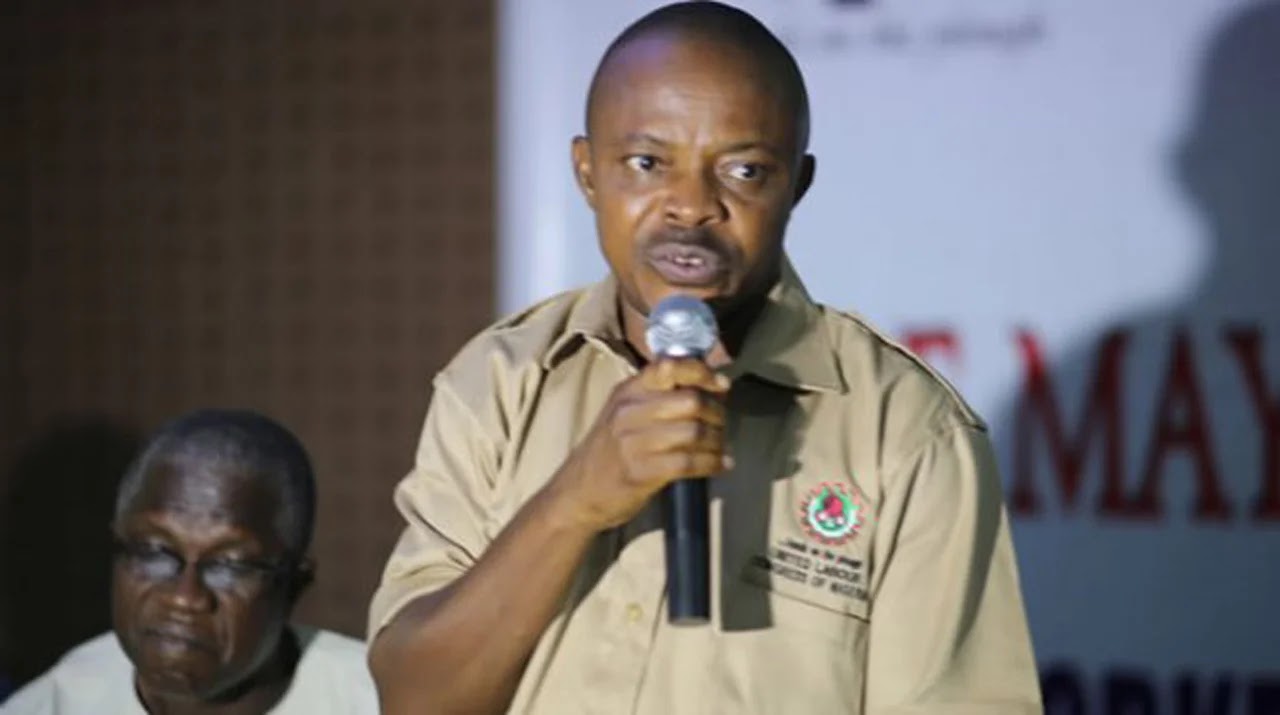













.webp)
.webp)
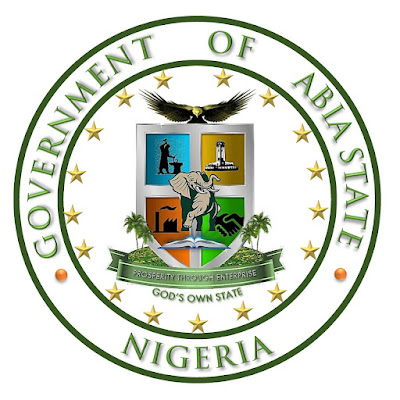



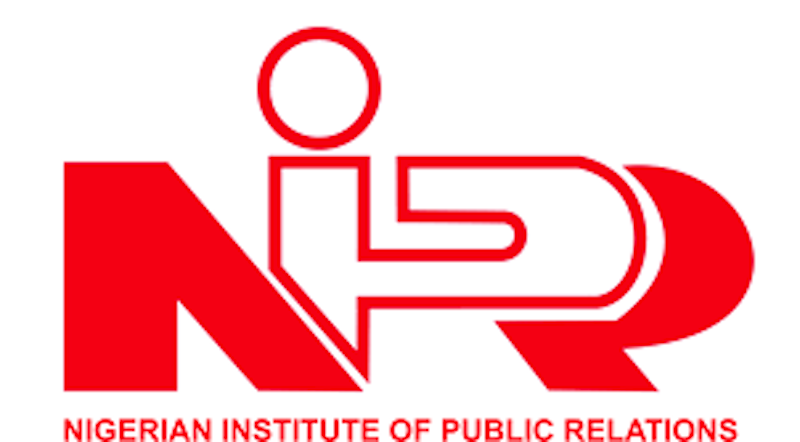


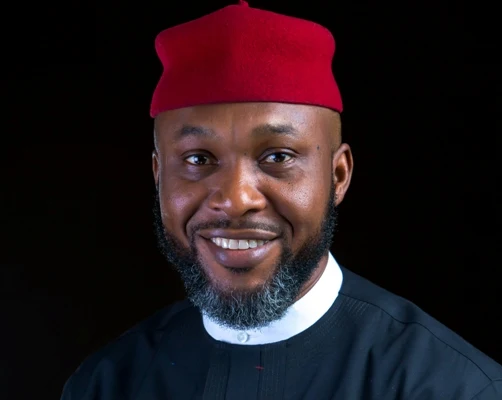







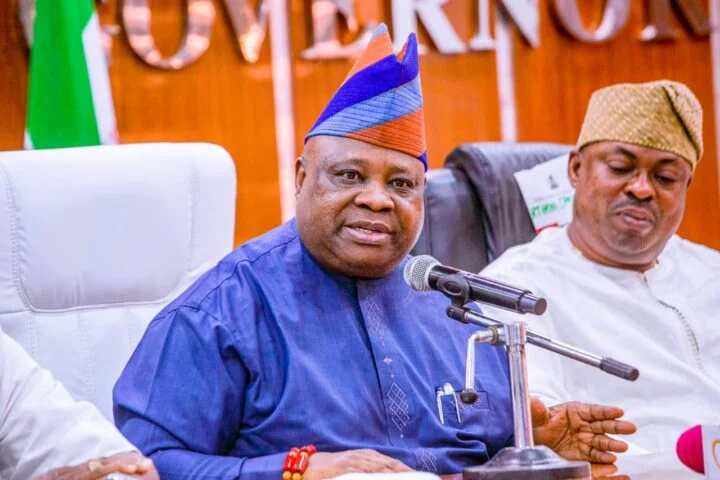

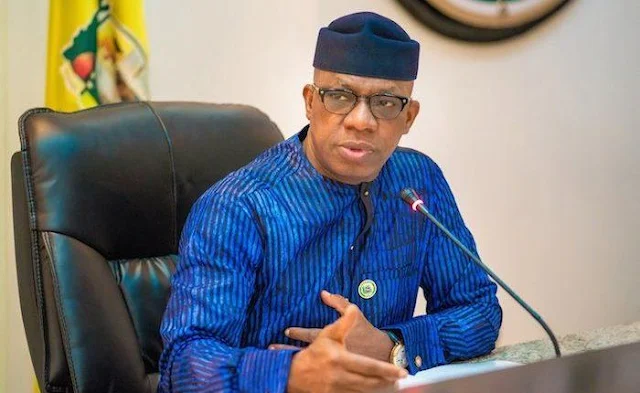



.jpg)
.jpg)






